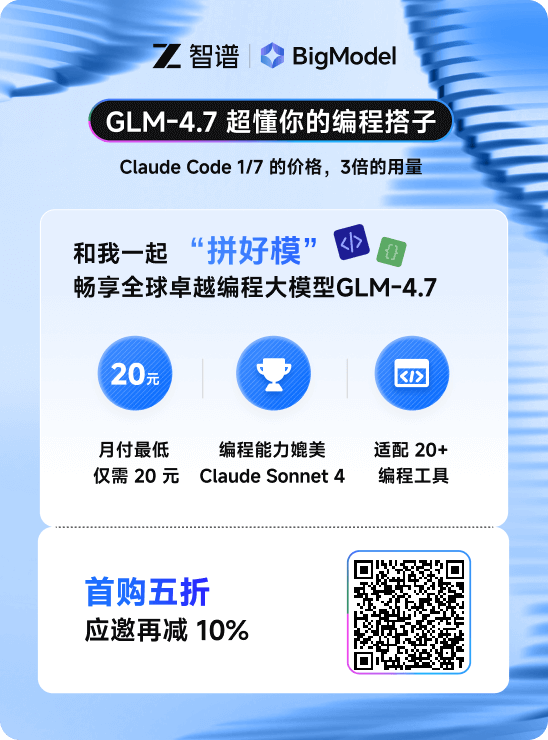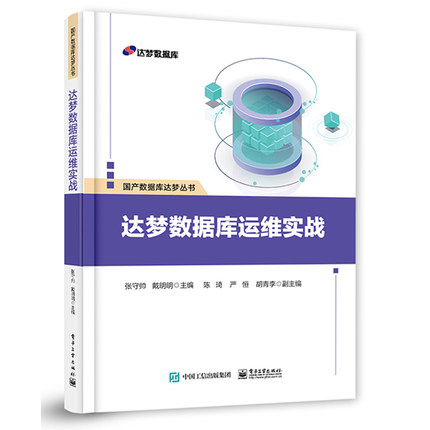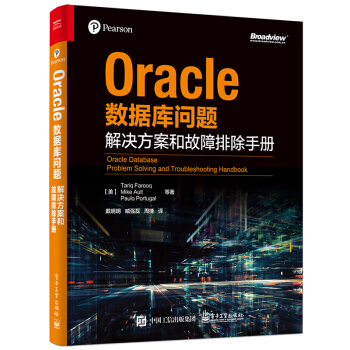你可以在CDB root, application root, CDB PDBs, 和application PDBs下创建更细颗粒审计策略,如下:
1.You cannot create fine-grained audit policies on SYS objects.
2.You cannot create fine-grained audit policies, either local or application common, for extended data link objects.
3.When you create a fine-grained audit policy in the CDB root, the policy cannot be applied to all PDBs. It only applies to objects within the CDB root. (In other words, there is no such thing as a common fine-grained audit policy for the CDB root.) If you want to create a fine-grained audit policy to audit a common object’s access in all the PDBs, then you must explicitly create that policy in each PDB and then enable it on the common objects that is accessible in the PDB.
4.When you create a fine-grained audit policy in a PDB, it applies only to objects within the PDB.
5.You can create application common fine-grained audit policies only if you are connected to the application root and only within the BEGIN/END block. If you are connected to the application root and create the fine-grained audit policy outside the BEGIN/END block, then the fine-grained audit policy is created in the application root.
6.You cannot create application common fine-grained audit policies on local PDB objects.
7.If the application common fine-grained audit policy has a handler, then this handler must be owned by either an application common user or a CDB common user.
8.You can create an application fine-grained audit policy on local (PDB) objects and CDB common objects. Because the policy is local to its container, the object on which the policy is defined is audited only in the particular container where the policy is defined. For example, if you create a fine-grained audit policy in the hr_pdb PDB, the object for which you create this policy must exist in the hr_pdb PDB.
9.You cannot create local fine-grained audit policies in an application PDB on object linked and extended data link objects. On metadata-linked objects are allowed in the fine-grained audit policy.
10.Application root local policies are allowed for all application common objects.
11.When you create a fine-grained audit policy as a common audit policy in an application root, it will be effective in each PDB that belongs to this application root. Therefore, any access to the application common object and CDB common object (on which the application common fine-grained audit policy is defined) from the application PDB is audited in the fine-grained audit trail in that application PDB.
12.When you create scripts for application install, upgrade, patch, or uninstall operations, you can include SQL statements within the ALTER PLUGGABLE DATABASE app_name BEGIN INSTALL and ALTER PLUGGABLE DATABASE app_name END INSTALL blocks to perform various operations. You can include fine-grained audit policy statements only within these blocks.
13.You can only enable, disable, or drop application common fine-grained audit policies from the application root, and from within a ALTER PLUGGABLE DATABASE app_name BEGIN INSTALL and ALTER PLUGGABLE DATABASE app_name END INSTALL block in a script.
版权声明:本文为博主原创文章,未经博主允许不得转载。






